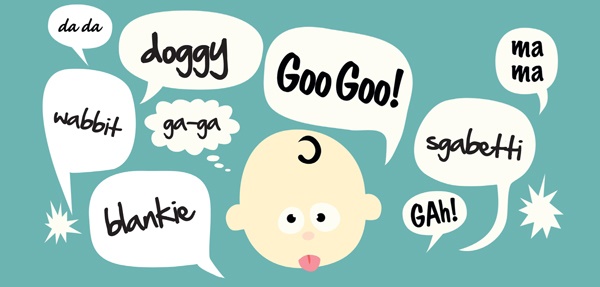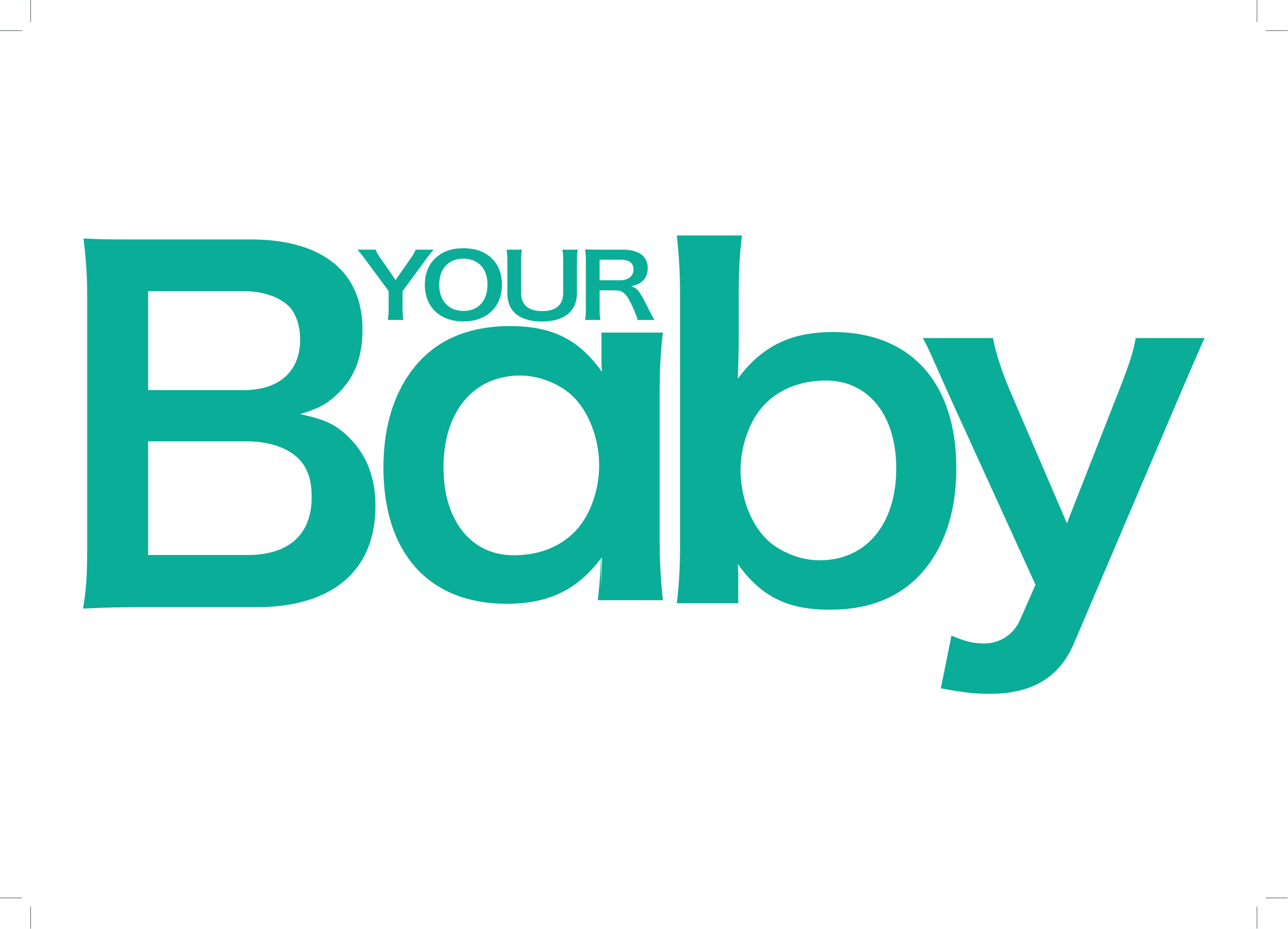
Those mispronunciations and dropped letters are all too cute on a teeny tot, but what will happen if your child is still talking in misnomers when it’s time to go to school? The cute sayings that your child develops like “sgabetti” instead of “spaghetti” or “blankie” instead of “blanket” often become part of your family’s vocabulary.
However, research into baby talk has suggested that this should be stopped by a certain age as it may have an impact on your child’s long-term language development.
What is baby talk?
“Baby talk” is simply the shortening and simplifying of words, with often the addition of slurred words or non verbal utterances. Often this creates a vocabulary of its own to particular families or is even passed down from generation to generation.
This is commonly seen when it comes to family names like “nana” or “gogo”, which then may stay as a term of endearment for that family member for years to come. Often parents create, or use more of, such vocabulary to make certain words more convenient and understandable to their toddlers.
When it comes to any bodily functions or private body parts, parents are more comfortable with simple words like “pee-pee” or “poo-poo”. Often “baby talk” words are adapted or moulded into more “adult talk” as the child gets older or they still use these sayings to describe a certain experience. For example, “numnum” for babies often refers to feeding time but as they grow up children may use it more to describe a more tasty meal that they had.
The reason that these changes in speech and word use arise is due to the difficulties young children have with pronunciation of certain sounds. At the age of three, children still struggle with certain consonant sounds like “w” and “r” (“wabbit” for “rabbit”) and “d” and “th” (“dis” for “this” and “den” for “then”).
Parents should not worry too much about these pronunciation difficulties as they quite normal for very young children. However, if these difficulties continue past five years of age then assistance would be needed.
Difficulties with multisyllabic words like “sgabetti” for “spaghetti” are also normal, but would become a concern if it still occurs past seven years of age.
Problems with baby talk
Recent research has indicated that baby talk may not be as beneficial as what was previously thought. Children learn about communicating from their parents, therefore, the parents’ most important role is to help develop their child’s language skills as these are vital for their future development.
The view surrounding baby talk is that the use of made-up words, poor pronunciation and poor grammar would be teaching children the wrong language skills. The way in which parents talk to their children between the ages of three and six years is the most crucial age range.
If certain errors continue they can result in delayed speech and language development, or that initial speech pattern can become a disorder that will cause difficulties in learning. It is suggested that parents should use simple, correct and concrete language but that conversations, vocabulary and sentence structure should be age appropriate, so this does not mean talking to your child as if he were an adult.
Benefits of baby talk
Research is admittedly more directed at the negative impact of baby talk and how it impacts on a child’s verbal development, but there still seems to be evidence of the benefits of such infant-directed speech.
Firstly, baby talk is noted to have a higher than normal and varied pitch, a slower rate of speaking, simpler vocabulary, lots of repetition, emphasis on certain words, and exaggerated and more positive facial expressions. These factors help an infant pay closer attention to speech, especially if there is background noise.
When infants are then paying more attention to their parents and what is being said, it is believed to assist in the emotional bonding process between them.
Furthermore, it is noted to help babies figure out how language works and which words are more important to what is being said, so it helps them to learn what certain words mean and more importantly later in their development helps them to say these words.
It helps a child isolate the boundaries between words so that a stream of speech is not just a jumble of words. As words are often repeated through baby talk, infants also start to create mental representations of words that they hear.
Weigh it up
Your child’s cute sayings and baby language are so endearing and adorable that you don’t correct him, right? However, it is important to say the correct words to him and emphasise the sound he is struggling with instead of just repeating their mispronunciation. You don’t have to be harsh about his mistake; just repeat the word correctly for him to hear.
Baby talk may be perceived to be broken English and madeup noises to keep your infant interested in what you have to say. However, research indicates that baby talk is not only about that but also about infant-directed speech at their level but still allowing your child to learn from your speech and pronunciation.
However, what is important for parents to remember is that cute mispronunciations are part of your child and the joys that you get from seeing your child develop his speech. As with all stages of development, the frequency and severity of deviances would need to be monitored to assist your child with correct speech and pronunciation.
Baby talk, when used correctly is beneficial for speech development, and at the end of the day, if your baby and you enjoy doing it and it brings you closer together, then don’t stop it altogether.




 Publications
Publications
 Partners
Partners










